
| WWT Shows | CLICK TO: Join and Support Internet Horology Club 185™ | IHC185™ Forums |

|
• Check Out Our... • • TWO Book Offer! • |
Welcome Aboard IHC185™  Internet Horology Club 185
Internet Horology Club 185  IHC185™ Discussion Site Main Page
IHC185™ Discussion Site Main Page  Our Exclusive "Timekeepers Photo Gallery"
Our Exclusive "Timekeepers Photo Gallery"  How to Photograph Your Watches and Clocks
How to Photograph Your Watches and Clocks  Honest Opinions?
Honest Opinions?
 Internet Horology Club 185
Internet Horology Club 185  IHC185™ Discussion Site Main Page
IHC185™ Discussion Site Main Page  Our Exclusive "Timekeepers Photo Gallery"
Our Exclusive "Timekeepers Photo Gallery"  How to Photograph Your Watches and Clocks
How to Photograph Your Watches and Clocks  Honest Opinions?
Honest Opinions?Go  | New Topic  | Find-Or-Search  | Notify  | Tools  | Reply to Post  |  |
I have been satisfied with my watch-photos. My technique is to hold the watch in my hand and photograph it with direct, natural light, near a window. I can get good detail and I can control the angle of light simply by tilting the watch for the best lighting. But… there are drawbacks. A photo with the watch in my hand looks less professional. Also, I cannot photograph at night and daylight conditions change from hour to hour, month to month. Winter is particularly bad, as is the noon hour. So…. I bought one of those nylon light-tents and a cheap gooseneck lamp. Today, with a 75w bulb, I tried a few photos. For a subject, I used the back of an NOS case from a Hamilton 4992B. Even though it is unused, it has an “X” across the back (which I am told was applied at the factory to “void” the case as a government issue). In photographing, I wanted to show the new condition of the case, the “X” mark, and as much of the pristine bow and crown as I could. I am fairly pleased with the photos but I think I could do better. I am still plagued by “hot-spots” in lighting, even with some considerable control of the lamp. I tried shooting directing down on my item but quickly lost detail when I didn’t shoot and light somewhat obliquely. Also, I recall that Lindell advised where he got his gray-neutral background but I couldn’t find that post. I’d appreciate any comments or suggestions. The first shot is lit from the side, with the case standing up. Detail is good but the light hot-spot is apparent.  | |||
|
Same shot but with some attempts to minimize the "hot-spot" with positioning of the subject and light-source. 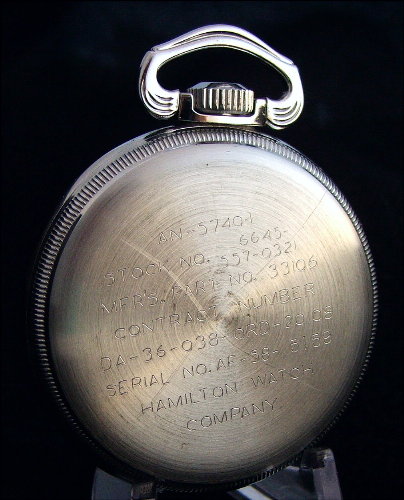 | ||||
|
Here, I tried flipping the light tent so that it's opening was on top and shooting directly down on the subject which was lit from the side. 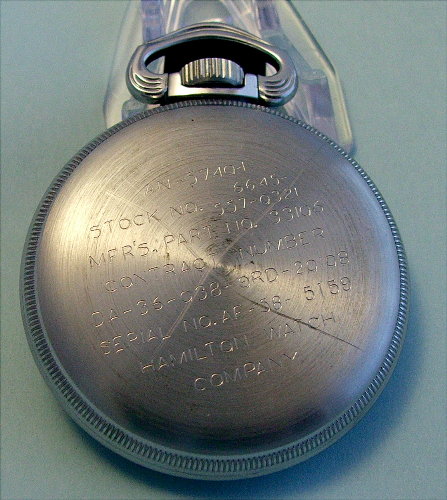 | ||||
|
I think I'm getting the hang of it. These two were taken the next day, after a bunch of hours spent experimenting. 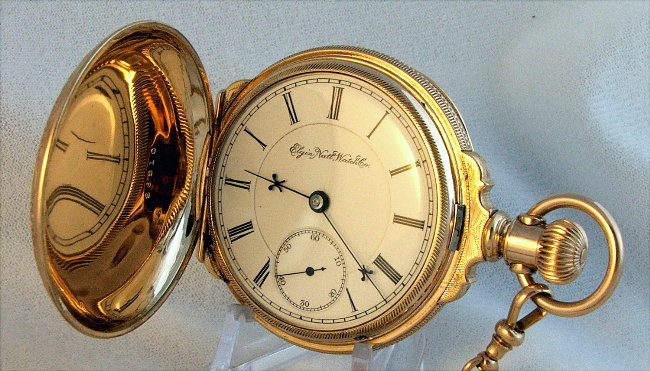 | ||||
|
Now here's the problem. If I BOUGHT this watch, based on these pictures, I would be disappointed. The photos are clear and accurate but.... what are the ethics about making them appear so spectacular? 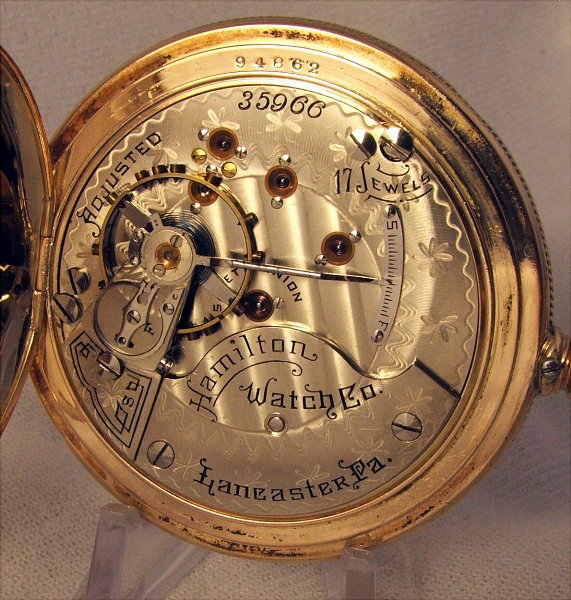 | ||||
|
| Site Administrator IHC Life Member |
Peter, For what it is worth, I think most of your later images turned out great. I am still trying to get the focus right for those really crisp images, like the ones that Lindell puts up. What kind of camera are you using and is that with a special close up lense? Phil. | |||
|
| IHC Life Member |
Peter, your pictures are good and sharp, but I would have adjusted the color a bit on the last two. The white balance is a bit off, but easily corrected. Larry 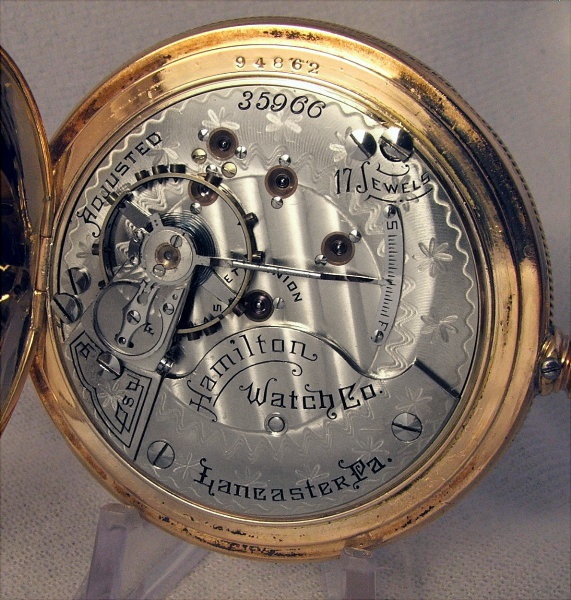 | |||
|
That's what I've been working on. I DID do some considerable correction after the photos were taken. Also, I have been playing with the color temperature adjustments on the camera. One problem is shooting inside, during the daytime. The ambient light, from windows, is a different color temperature than the artificial light that I'm using as my main source. So, I'm actually getting a mixture of both. And that raises a question. Some of the effects that I've gotten with that color shift are very attractive. They are not entirely artificial because that is the way the watches WOULD look under a warmer light. Also, I have not changed the detail of the watch. The ethical question would be.... to what extent is this enhancement permissible, when it does not effect detail? Indeed, what color-temperature is really correct? My home looks out on some high mountain peaks. Anyone who has had such a view will tell you that the appearance of those mountains is constantly changing as the day progresses and conditions change. What is the "proper" view? In answer to Phil's question... my camera is no great shakes. Fujifilm, 4mp. Because of the tight quarters of the light-box, I've been using only the auto-focus (macro-setting) and the LCD screen. One reason that I think I'm getting so much better detail is that by controlling my light, I can stop-down the aperture for much more depth of field. | ||||
|
| Powered by Social Strata |
| Your request is being processed... |
|
©2002-2025 Internet Horology Club 185™ - Lindell V. Riddle President - All Rights Reserved Worldwide

